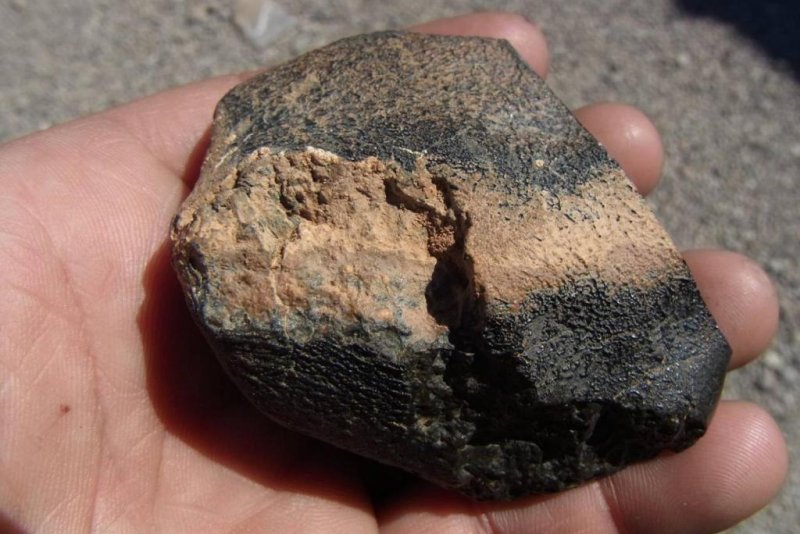Feb. 1 (UPI) -- Mars may be home to some of the oldest volcanoes in the solar system. New evidence suggests the Red Planet has been home to volcanic activity for at least 2 billion years.
The evidence is a small Martian meteorite discovered in Africa in 2012. The rock was named Northwest Africa 7635.















